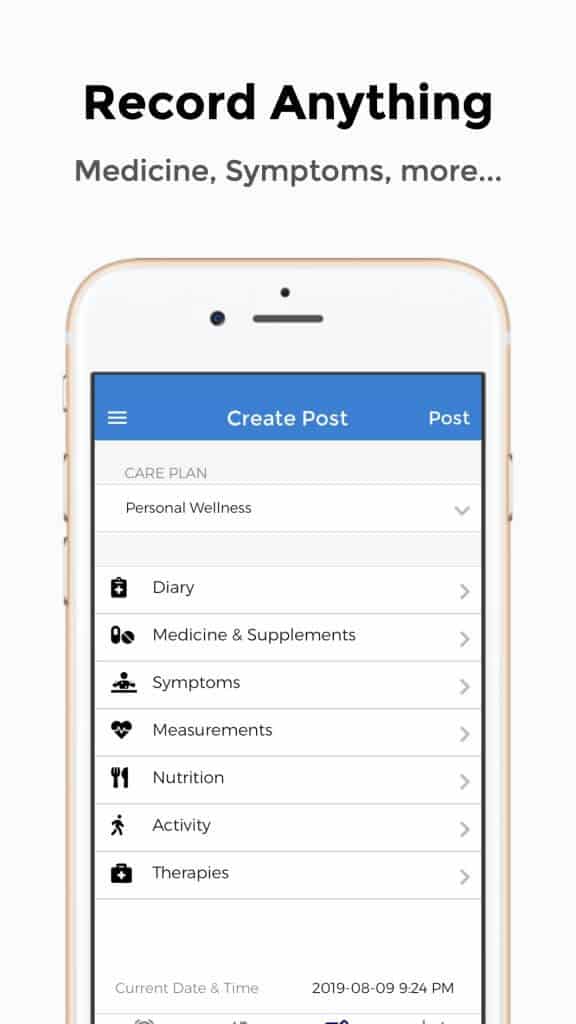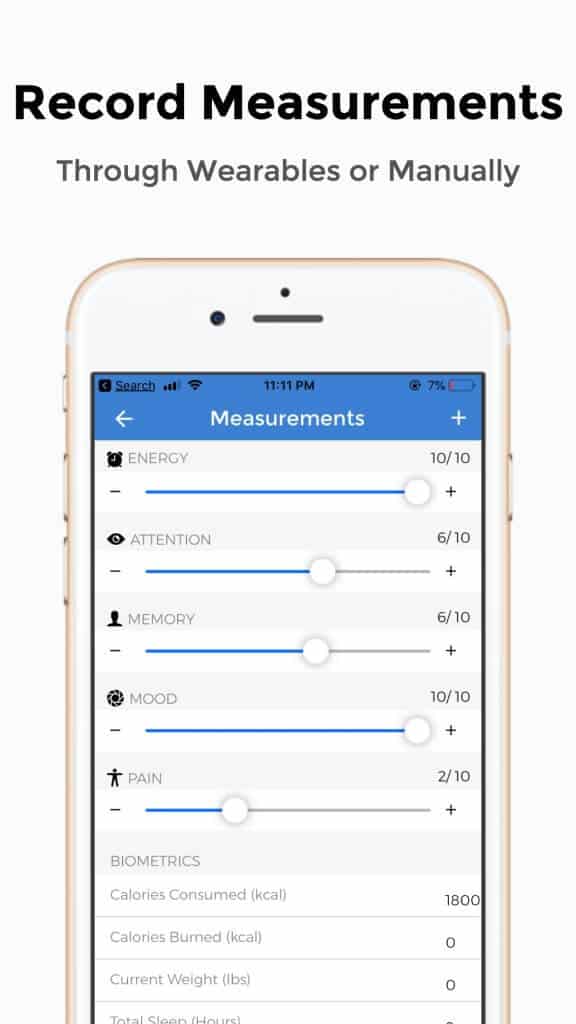
Meditation is a practice that we can use in order to lower stress levels and achieve inner peace. It teaches us to concentrate on the present moment, to be more focused and to pay attention to the sensations occurring in our body. In a busy world, dominated by multitasking, meditation allows us to concentrate on ourselves and nothing else.
It is also essential to understand that meditation is a journey of change, in which you are reprogramming your brain to see things from a completely new perspective. And documenting this journey could be more useful than you might think. A meditation journal can represent a valuable tool, as you can record every aspect related to this practice and how it helped you change for the better.
What are the benefits of maintaining a meditation journal?

Many people who documented their own sessions have declared that the meditation journal allowed them to stay motivated and get an insight into the best ways to continue.
1. Insight into your own world
By recording your meditation-related experiences into a journal, you can see how you’ve changed over time. You will feel inspired to pursue this journey and take your practice to the next possible level. Upon reviewing the entries in your journal, you will realize that this practice plays a definite influence on your daily life, in so many different ways.
The journaling habit will bring insight into your own world. Moreover, as you will go over your entries, you might be able to identify and implement the changes that can and should be made to improve your meditation technique. As mentioned, you will become more patient, understanding both your strengths and weaknesses. The journal will become a helpful reference tool, allowing you to adjust your path and subsequent expectations.
2. Breaking old habits and making way for the new you
Humans are, by nature, habitual creatures. They form habits, even when these do not benefit them. However, it is just as important to realize that we can break those habits and make way for new, healthy ones. With the help of a meditation journal, we can look back and adjust our meditation practice, in order to achieve our goals.
The journal is where we can express ourselves freely, documenting everything related to meditation. As this practice is beneficial for changing habitual patterns, we can write about the journey and the difficulties we go through. We are practically documenting from where we started and how far we’ve gone. In other words, we are breaking free from the standard, being open to new opportunities.
3. Focus on meditation
Perhaps this is one of the biggest benefits to take into consideration. Through journaling, we become more focused on meditation and, thus, discover the best ways to fine-tune our technique. We gain clarity with regard to the meditation experience and the results it brought.
This clarity is a revelation that should be embraced. Many people think that meditation is only about closing your eyes and thinking about perfect things. However, in reality, this practice can force you to come face to face with your emotions and negative thoughts. You might also experience pain and difficulties with regard to various experiences.
A meditation journal is useful for documenting both the positive and the less pleasant aspects of your sessions. As you write down the conclusions drawn from your meditation practice, you will also find it easier to let go of pain, stress or other negative emotions. There is no better form of emotional release other than writing in a journal.
4. Practice review & acknowledge habitual patterns
You cannot change if you are not conscious of the way you are in the present. A major advantage of the meditation journal is that you are able to review your meditation sessions at any given times. Thus, it is no longer difficult to identify habitual patterns that you follow and even distractions that prevent you from achieving peace of mind.
You might also rely on the journaling habit to discover the things that could make your meditation practice more effective. After all, meditation is something that you should enjoy. The journal can be used to set goals for future sessions and to gain a sense of purpose with regard to this practice. Why do you do it? Where do you want for meditation to take you? Journaling can help you find the answers to such questions.
5. Being kinder with yourself
The majority of the people in the world set unreasonable expectations for themselves. In turn, this leads to frustration, stress and anxiety, affecting the overall quality of life. Meditation, on the other hand, serves the purpose of deep self-reflection and heightened awareness.
Upon documenting your meditation journey, you will learn how to be kinder for yourself and acknowledge that some expectations are not worth pursuing. You will become more patient and yet persistent in achieving your goals. The journal allows you to dive even deeper into the world of meditation, observing your thoughts and feelings without passing judgment or becoming attached to them.
Looking from the lens of a meditation journal, you will understand that this practice is one of the more effective solutions for changing your life. You will learn to stop and listen, becoming aware of the present moment and taking a break from being busy. You will pay more attention to each experience, finding new words for describing what has occurred and how you felt.
6. Clearing your mind & feeling better
The practice of meditation can fill you with emotions and thoughts, causing you to feel overwhelmed (especially in the beginning). If you have just had a session that was so intense, you can turn towards your meditation journal and document it in detail. This will have a positive effect on your mental health, allowing you to clear your mind and gain the necessary perspective. In return, you will feel better in no time.
Writing and meditation make a perfect pair. They both force us to slow down and pay more attention to ourselves, discovering new things as part of the process. You should write in your journal as soon as you have finished your meditation, as all of the impressions will be fresh and your entries will have the highest level of accuracy possible.
By combining meditation and journaling, you will develop new wisdom with regard to your own person and also a greater understanding of the world. It is not difficult to incorporate this practice into your daily life. As mentioned, it is for the best to write after each meditation session, setting half an hour or so for the actual journaling.

You can also decide to write in the journal before the actual meditation session. Record your goals or expectations, and do not hesitate to be as descriptive as you can be. Once you have completed the journal entry, you can return to meditation. Breathe in and out, observing both your thoughts and feelings. Do not pass judgment, but simply try to be aware of their existence.
From a different perspective, a meditation journal can help you stay accountable for the changes you are seeking to make. It forces you to be less judgmental or harsh with yourself, offering the perfect environment for self-reflection. As you will record the details of your meditation practice and the experiences derived from it, you will develop as a person and become at peace with who you are.
It is also useful to mention that journaling will immediately give you away. If you are rather returning to old patterns than making a change, you will see it. The entries will stand as clear proof of your expectations and how close you are to achieving your goals. Thus, you will begin to pay more attention to your experiences and seek out solutions to improve your meditation practice.
What are the benefits of meditation?
Meditation in itself has a wide range of benefits to offer. It teaches you to live in the moment and observe your thoughts and feelings, without dwelling on them. The practice is useful for those who are looking to break free of old habits, improving their health and outlook on life.
According to scientific research, meditation can be useful in reducing stress levels. It brings down the levels of cortisol, which is also known as the stress hormone and it stimulates the brain to release endorphins (happiness hormones). It is a great weapon against anxiety, helping those who suffer from such mental health problems. (Learn how to keep track of correlations between your happiness and stress here.)
If you are looking to improve your emotional health, the practice of meditation is key. It enhances self-awareness, allowing you to understand that old habits can be changed and that you can become a more peaceful person. People who meditate are more aware of the present moment, enjoying better focus and attention.
It seems that meditation might also prevent some of the consequences associated with the aging process, such as memory loss. This is because it re-wires the brain, improving additional cognitive functions, such as concentration, attention and mental agility.
Journaling and meditation, the perfect combination
Journaling in itself is a simple activity and you can even use the Internet to download a mindfulness journal template. As an alternative, you can use the CareClinic health app and its integrated journal. In there, you can record various entries regarding your meditation practice and how it helped you change your life to 360 degrees.
You can use the health app developed by CareClinic to document other aspects related to your well-being. There are reminders that can be set for your meditation sessions and you can also record additional information on your health, such as weight, blood pressure and glucose levels. The journal entries can regard any medical issues you are experiencing, affecting both your physical and mental health.


